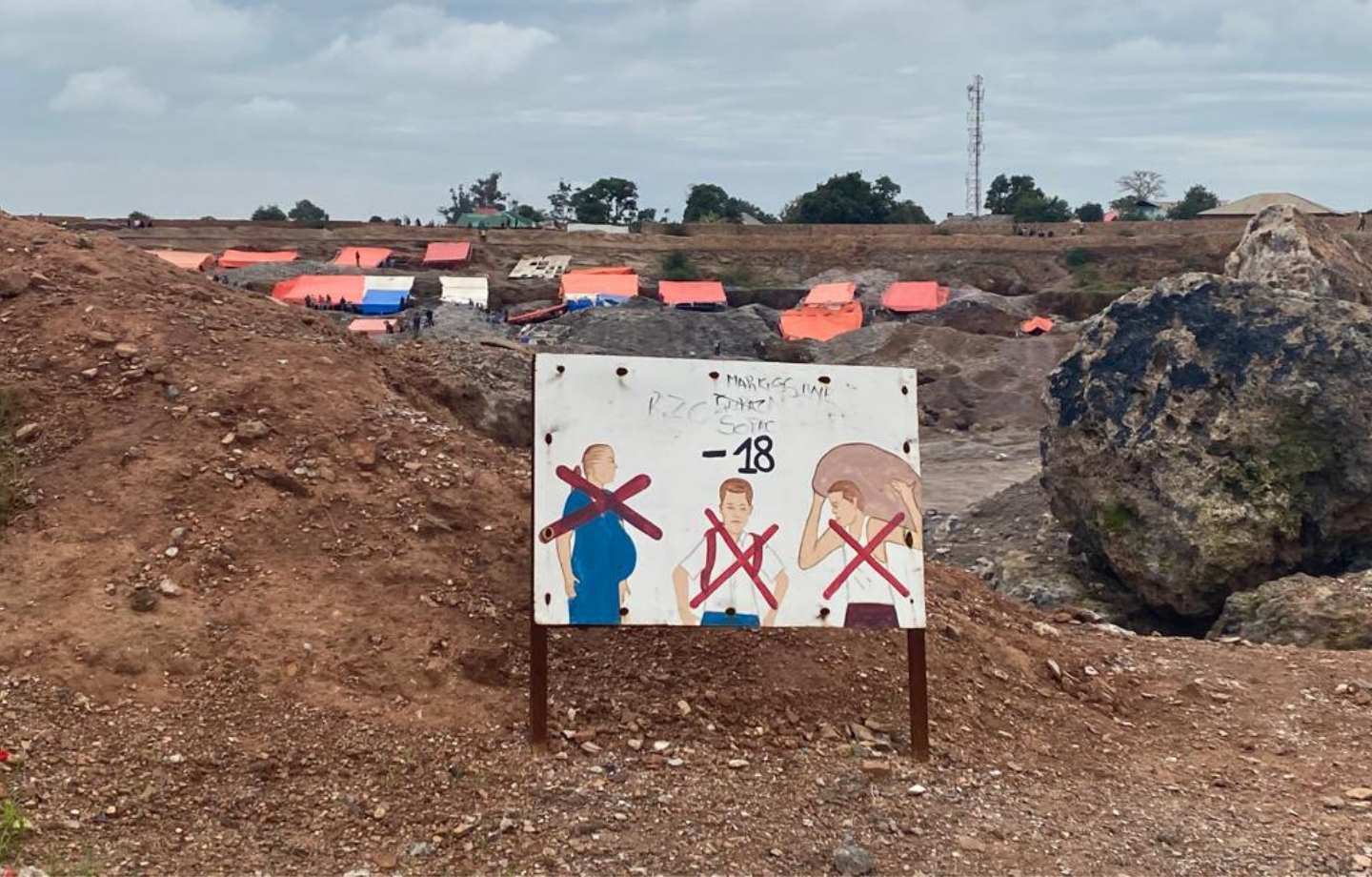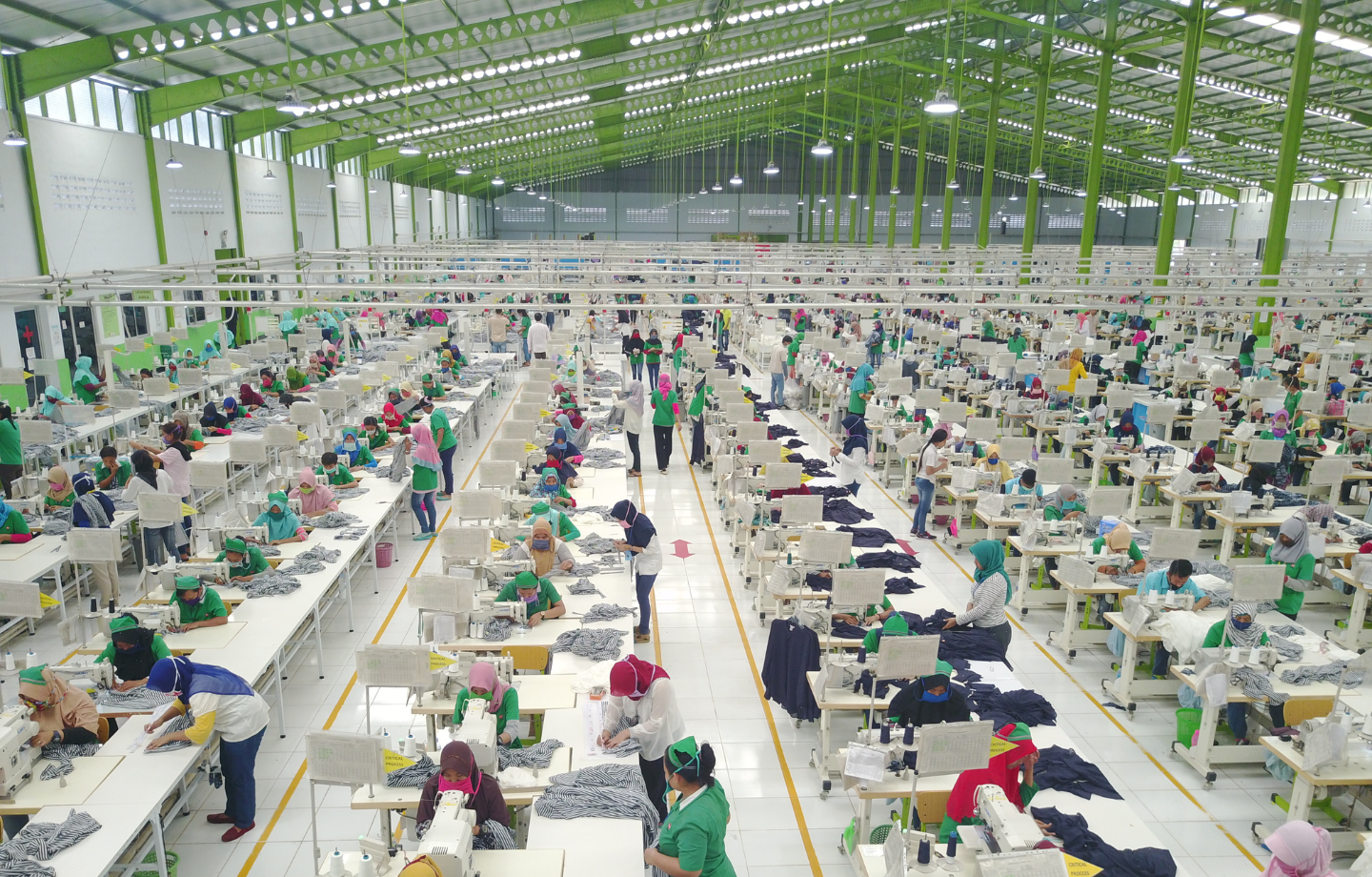Hurricanes, Flooding And Wildfires? Workers Are Still Expected To Turn Up For Work

October 23, 2024
One effect of the recent disastrous weather events in the U.S. that has received inadequate attention is the harm suffered by low-paid industrial workers. Many such people have been placed in highly precarious positions when they were expected to continue working in the face of approaching hurricanes, flooding, and wildfires. Employers are failing to adequately protect the health and safety of their workers during these extreme dangerous episodes.
Climate change is increasing the frequency and magnitude of extreme weather events in the U.S. and around the world. In the past month, Hurricanes Helene and Milton hit the southeast of the country, causing disastrous flooding and destruction in Florida, Georgia, North Carolina, and Tennessee. In September, a blistering heat wave exacerbated wildfires that ripped across southern California. These disasters have disrupted the lives of many people living in their path. Low-paid workers have been particularly vulnerable.
Six workers at a plastics factory in Erwin, Tennessee, were swept away by the flooding caused by Hurricane Helene after being told to evacuate the factory too late. The president of Impact Plastics, Gerald O’Connor, said that “there was time to escape,” and employees were warned 45 minutes in advance. But surviving workers, some whom saw their coworkers carried off by the current, said that they did not receive even this degree of warning. The factory continued to operate despite multiple alerts on workers’ phones, local school closures and six-inch flooding in the parking lot, according to these workers. Employees were told to evacuate only once the factory lost power, so they could no longer carry out their jobs, and the flooding level had reached a foot. The Tennessee Bureau of Investigation reportedly is now “investigating allegations involving Impact Plastics.”
Tens of thousands of warehouse workers in the Inland Empire, an area of California that is home to the largest concentration of logistics warehouses in the country, reportedly were forced to continue working during the wildfires that consumed San Bernardino County last month. Workers at one Amazon warehouse told The Guardian that dense smoke made it difficult to breathe both inside and outside the warehouse. They recounted that the heat was intolerable and there was ash falling from the sky. Workers had been told to evacuate their homes yet they were still expected to turn up for work. Eventually, following a demand by 50 workers who approached management, Amazon agreed to close the facility and send workers home with pay. Amazon contests this, claiming that they “proactively closed” the hub for 48 hours. Amazon’s spokesperson, Montana MacLachlan, explained that “The health and safety of our employees is paramount and we encourage employees to take breaks often as needed, especially those who work in roles exposed to the elements.”
Employer failure to protect their workers appears to reflect a prioritization of meeting production timelines and protecting product above worker safety. Over the coming years, climate change could contribute to the increasing severity and frequency of hurricanes, flooding and wildfires. Employers need to acknowledge their responsibility to protect the health and safety of their employees during such events. Employers operating in high-risk areas should conduct risk assessments and establish action plans for when an extreme weather event is happening locally or heading in their direction, prioritizing the wellbeing of their employees above meeting production targets.
 Global Labor
Global Labor


